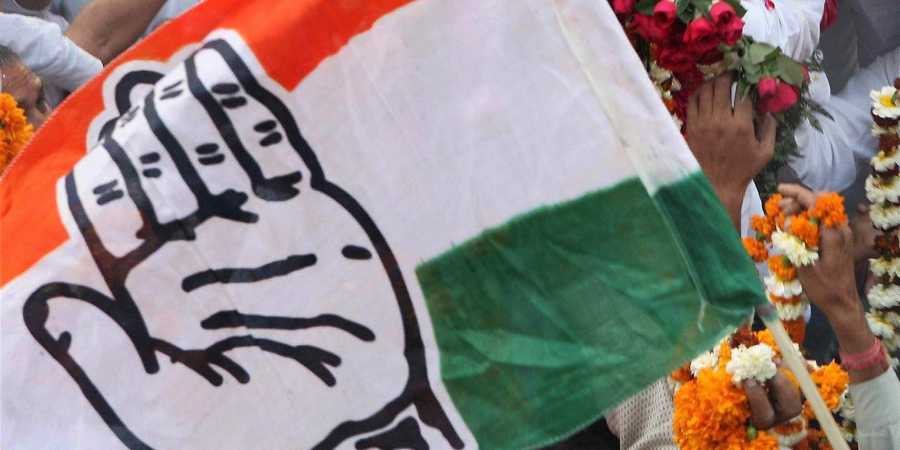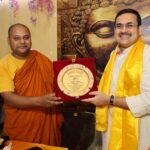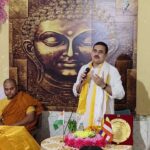Congress leaders lack knowledge of own history
- By : Anirban Ganguly
- Category : Articles

Despite the Congress’s hurdles, despite Communists and Naxals trying to prevent it, PM Modi did just that and received resounding support.
When he piloted the abrogation of Article 370 in both Houses of Parliament on August 5 and 6, 2019, Union Home Minister Amit Shah referred to a number of stalwarts in the past who had argued for its removal.
A number of articles have already been written shedding some light on these, but it would be worthwhile revisiting these positions, mainly because the Congress of today is populated with a majority of leaders who have little or no knowledge or understanding of their own history while lacking the intellectual depth to appreciate and understand political positions and arguments from the past.
Had a majority of them retained a modicum of their sense of history, they would have realised that a number of their own stalwarts had, in the past, repeatedly argued for the abrogation of Article 370.
Interestingly, the echoes of those arguments were found in Amit Shah’s interventions and not in those from the Congress benches who rose to try and outshout him or argue against his submission.
Due to paucity of space one can refer to Pandit Deendayal Upadhyaya, who in 1960, a good seven years after Dr Mookerjee’s death while writing on the issue, summed it up, “Dr Mookerjee gave up his life for the unity of the country.
He would not tolerate discrimination against the people of Jammu and Kashmir in the matter of fundamental rights and other privileges granted and guaranteed by our Constitution. He would not allow the state to be treated as a private preserve of Sheikh Abdullah and his associates without any constitutional bindings…”.
It is interesting to note that in the now-famous debate on the Constitutional Amendment Bill Section 370, that took place in the Lok Sabha through September, November, December 1964, out of 17 people who made interventions, the majority supported the demand.
Majority of the Congress members spoke for removing the Article. Stalwarts such as Bhagwat Jha Azad and K Hanumanthaiah forcefully called for abrogating it. Azad demanded that the Article be abrogated because, it has only made Kashmir suffer.
Hanumanthaiah, one of the foremost leaders from the South, who was also member of the Constituent Assembly, said, “…The representatives of the Kashmir people here agree and fully support this proposition… Not merely Members of Parliament from Kashmir, but irrespective of parties, from the extreme right to the extreme left of this House as it is constituted, we are all of one opinion that this Bill should be made into law. To go against it or to say anything against this unanimous opinion of this House is to disown constitutional responsibility in a convenient manner.”
A number of other Congress members from across the country and especially Jammu and Kashmir spoke for removing this Article. Interestingly, CPI members, either direct members or supported by the party, spoke for abrogating the Article.
Sarjoo Pandey of the CPI and SM Banerjee, CPI-supported member from Kanpur who was to serve a total of 20 years in Parliament, supported the removal of the Article.
Abdul Ghani Goni, member of the breakaway National Conference, who had done much work in the past on trying to remove the Article, made a moving appeal to support the Bill, “It is only a provisional provision and a temporary provision in the Constitution which can be removed at any time… I dispassionately appeal to the Members of this House, and appeal not only to the Opposition Members but also to the Congress Members to support this Bill and get it passed and have Article 370 abrogated from the Constitution of India, so that we may also be treated as equal citizens, as good citizens of India as any other citizen…”

















